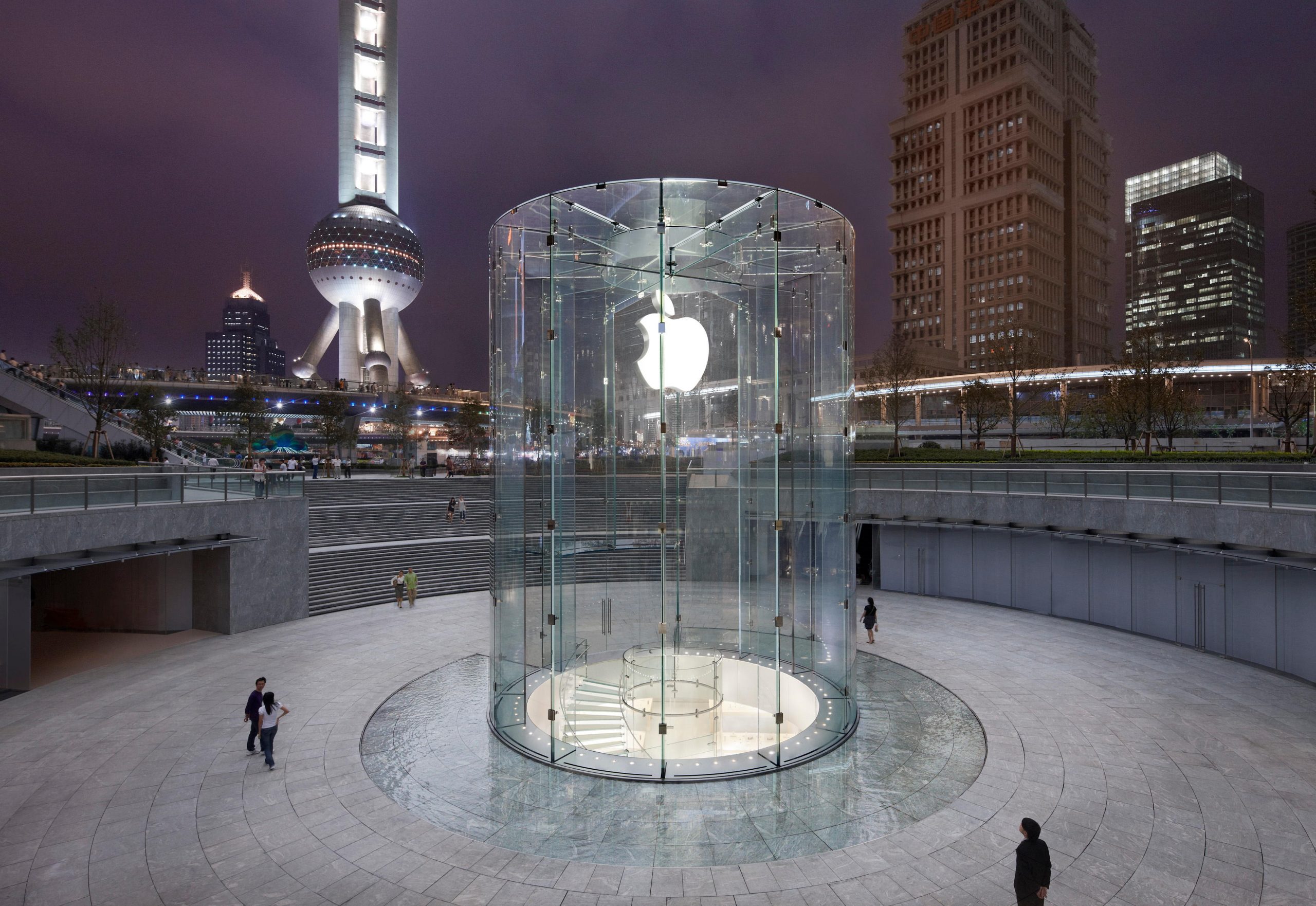Apple will have to apply the EU’s most stringent level of regulations to its iPad operating system under a new decision by the European Commission.
The Commission said on Monday it designated iPadOS as a “gatekeeper” platform under the Digital Markets Act (DMA), meaning it must comply with specific requirements for openness and user choice.
The agency last September applied the rules to Apple’s iPhone operating system, Safari browser and App Store, but found iPadOS didn’t meet the quantitative criteria for inclusion.
Instead the Commission launched a “qualitative” investigation, giving itself up to 12 months to conclude the review, which is the only one of its kind so far opened under the DMA.

Business significance
The review found that although iPadOS doesn’t have sufficient end user figures to merit gatekeeper status, the designation does apply because of the iPad’s importance for businesses looking to reach end users.
The Commission said iPadOS’ business user numbers exceeded the threshold elevenfold, while end user figures were “close to the threshold and are predicted to rise in the near future”.
The review also found that both businesses and end users are “locked in” to iPadOS due to Apple’s large application ecosystem, which it uses to disincentivise end users from switching to other platforms and which makes it a large and commercially attractive user base for businesses, especially for certain use cases, such as gaming.
“On the basis of the findings of the investigation, the Commission concluded that iPadOS constitutes an important gateway for business users to reach end users, and that Apple enjoys an entrenched and durable position with respect to iPadOS,” the Commission said in a statement.
Competition rules
Apple now has six months to ensure the platform complies with DMA obligations.
That means Apple must not preference its own apps or services on iPadOS, must allow users to install apps from third-party sources, and must allow third-party payment options, among other measures.
The rules already apply to iOS and Apple has announced various measures that it says bring it into compliance, although rivals and developers have complained about its plans and the EU is looking into into the company’s alleged non-compliance.
Apple said it would “continue to constructively engage” with the Commission to comply with the DMA and reiterated its complaint that the new rules pose “privacy and data security risks” for its users.
The EU has so far designated 22 services owned by Apple, Google, Microsoft, Amazon, Facebook parent Meta Platforms and TikTok owner ByteDance as gatekeepers.





